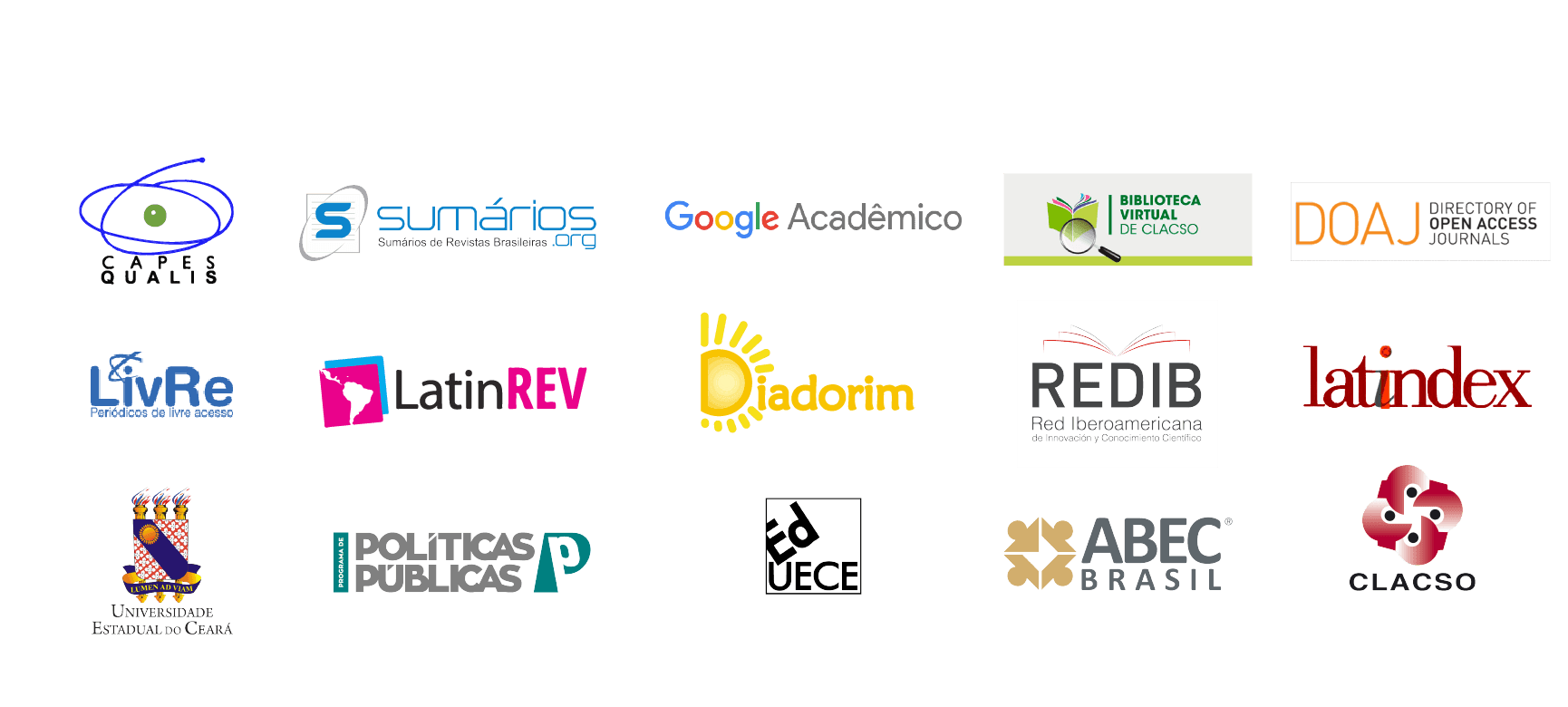The Program for Access and Quality Improvement in Primary Care - PMAQ-AB and the challenges for the institutionalization of health assessment
Keywords:
public management, health evaluation, primary health careAbstract
Social inequalities that affects Brazil are reflected in the health conditions of its population and, in order to face proposed challenges, governments have developed public politics, as the Family Health Strategy, which is the SUS base. Therefore, The National Program for Access Improvement and the Quality of Basic Care – NPAIQ-BC is a new proposal that stimulates the adoption of the monitoring and self-evaluative practices by the FHS teams. This was a literature review that intended to describe several aspects of the importance of evaluative practices for the public management and health care and its possibilities of giving a responsible and safe service. The study makes the debate that, eventhoug using evaluative practices is recognized as an important part of the teams routine, using evaluation as an instrument remains very hard and challenging and that NPAIQ-BC was like a seed thrown trying to institutionalize the evaluation culture.
Downloads
Downloads
Published
How to Cite
Issue
Section
License
Authors who publish in this journal agree with the following terms:
- Authors retain the copyright and grant the journal the right of first publication, and the study is simultaneously licensed under the Creative Commons Attribution License, which allows sharing the study by acknowledging authorship and initial publication in this journal.



